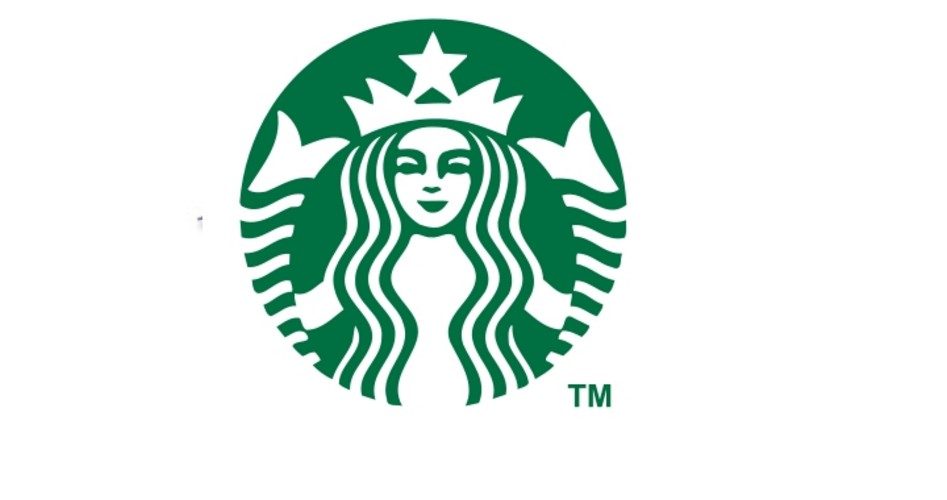
It’s that time of year again, when sweaters and scarves are donned, the smell of woodsmoke permeates the crisp autumn air, fiery leaves dance across lawns, and Starbucks changes their coffee cups. Only this time they have done the unthinkable and foisted upon their unsuspecting public a plain, two-toned, red cup.
This cup, void of any decoration, has become the topic of much debate, as some believe it to be the company’s way of alienating Christians and denying Christmas.
The clamor seems to have started when media personality and former pastor Joshua Feuerstein claimed in a Facebook post that, “Starbucks REMOVED CHRISTMAS from their cups because they hate Jesus.” In a video, Feuerstein also vehemently states, “Do you realize that Starbucks wanted to take Christ and Christmas off of their brand new cups? That’s why they’re just plain red.”
Feuerstein’s post and video went viral, stirring many in the Christian community to anger as they began to believe in this “War on Christmas.” He also encouraged them, when ordering a beverage at Starbucks, to state their names as “Merry Christmas” so that Starbucks’ employees would be forced to write the neglected Christmas greeting on their cups. Pictures of Starbucks’ cups with “Merry Christmas” written on them and posts of personal boycotts have flooded social media as person after person follows the former pastor’s prompting. In some cases, the rants have degraded into petty complaints of the price and quality of the company’s coffee.
There are, however, those who do not see the red cups as a threat, and find the public outcry to be ridiculous. One Twitter post jabs at the chaos: @pourmecoffee tweeted, “Dearest Martha, we fight an enemy most foul in the War on Xmas, the nondescript coffee cup. Pray for strength.” Others wonder if this is a marketing scheme from Starbucks, as it seems unfathomable that this is spontaneous outrage over the color or design of a cup.
Though, unfortunately, it is mostly those within the Christian community who seem to be falling into step with Feuerstein, not all Christians have taken his bait. Focus on the Family’s vice president of communications, Paul Batura, has quite a different view. “I wonder if we’re not over-thinking or over-analyzing this,” he said. “Christmas isn’t found in a cup or in a snowflake. Instead, it’s found in the hearts and minds of those of us who believe that God sent His only son to earth in the form of an innocent, helpless baby,” he told Fox News. In essence, Christmas isn’t about what is or isn’t on a cup. It’s something much deeper, and in total contrast to the madness that Feuerstein has stirred up, though many seem to have forgotten this.
Shedding a new light on Feuerstein’s assertion that Starbucks has “removed Christ and Christmas” by introducing these new cups, minimal research shows that there has never been a strictly Christian element to any of the seasonal decor. With nature scenes, snowmen, snowflakes, ornaments, and inspirational quotes, Starbucks’ seasonal cups have promoted the “winter season” throughout the years with vintage aspects of Christmas included. Therefore, the more reasonable, but also unfounded, assumption could be that Starbucks is targeting winter for extinction. However, that doesn’t quite hit the same nerve.
When asked, Starbucks vice president of design and content, Jeffrey Fields, claims that the idea for the new design for the cups was not to stir controversy, but to invoke an air of simplicity. According to Time, he said in a press release, “Starbucks has become a place of sanctuary during the holidays.” “We’re embracing the simplicity and the quietness of it.”
Erin Shane, spokeswoman for the company, relates that each year the cups are designed to tell a different story. She says the blank cups were chosen as a background to offer customers a chance to tell their own story. “It can be literal, for example, as a blank canvas or it can be taken figuratively,” the Inquisitr reported.
Starbucks seems to find its place in the media spotlight often, with indignant cries of outrageous prices, politically correct policies, and immoral values. Legitimate or not, these charges could be leveled at myriad companies. However, these companies, chain or locally owned, may not find themselves the target of radical movements. Overpriced ice cream stores where a person can buy one cone for the price of a meal, book stores that sell conflicting material on the same shelf, grocery stores that don’t allow guns and refuse to change their bags depending on the season, are everywhere. One of the beautiful elements of America is that these companies have the right to set these standards as they see fit, and the public has the right to decide, with their wallets and patronage, whether or not to support them. No agitated hysteria necessary.
As appealing as it may be to jump into the middle of a fashionable frenzy, it is important to know the truth about the cause. A simple (and enjoyable) trip to a Starbucks Cafe this season will dispel the notions that Feuerstein is spreading. Walking through the often brightly decorated door, a patron will be met with the sights, sounds, and smells of the holidays at hand. Coffee mugs and gift cards designed for the season, Christmas music, ornaments, seasonal gingerbread, and even their own Christmas blend of coffee fill the atmosphere with the undeniable sense that it’s a special time made for sharing and enjoying. Some may be surprised to even find the ever popular, and Christian, Advent calendar for sale among the company’s merchandise this season. Do they sell these items because they love Christmas or its true meaning? No more than they would sell hot chocolate in plain red cups because they hate Jesus. Their purpose is to make money.
As one Twitter user, @Aibhinn, notes, “Snowflakes have zero to do with Christmas, and Starbucks isn’t a church. Buck up, buttercups.”


